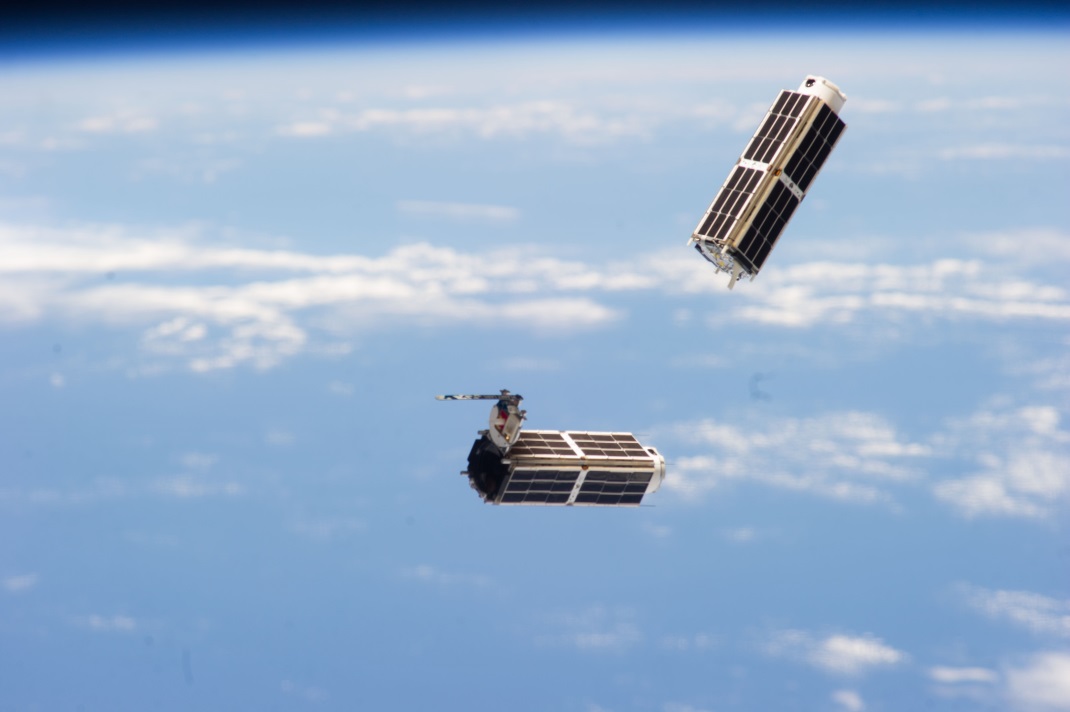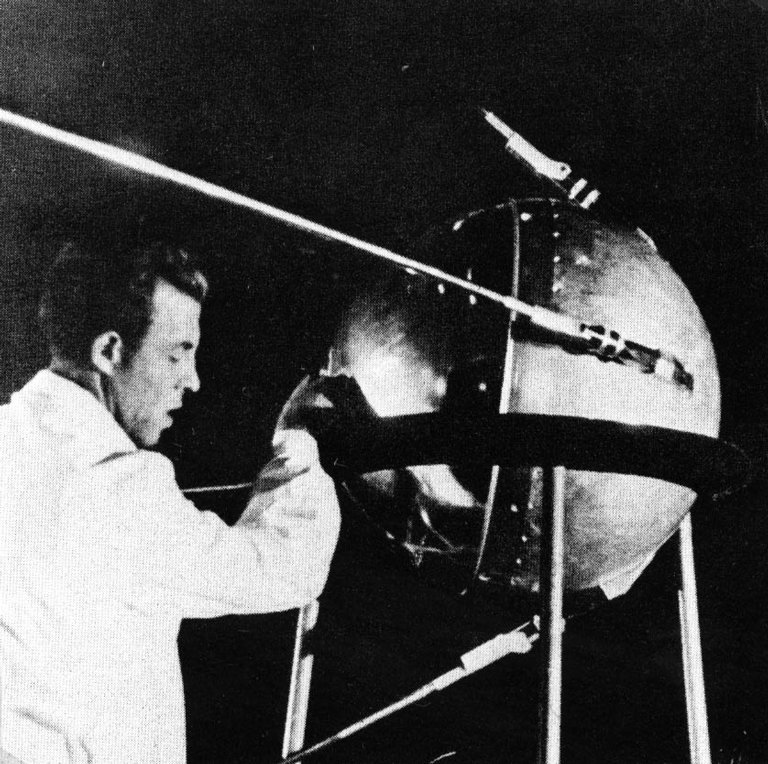How to Launch a Space Startup in 2 Days (First Person)

About three hours into Startup Weekend: Space, I seriously wondered what I had gotten myself into.
I was standing with a group of 10 people I'd just met. We had formed a group to pursue a business idea that one of us had proposed only that evening. And we had less than 48 hours to develop the proposal into a viable business proposition before presenting it to a panel of judges.
That's going to be a lot of work, I thought. Could we pull it off? Or would we end up embarrassing ourselves? We would get an answer in less than two days. And we had not a moment to lose. [Vote for the Greatest 21st-Century Space Innovators]
That was the intense atmosphere of Startup Weekend, which was held at the end of July in California's Silicon Valley in conjunction with the Space Frontier Foundation's annual NewSpace Conference. About 80 people participated in the two-day event.
Pizza and pitches
The weekend began on Friday evening with pizza and pitches at the conference hotel in San Jose. Thirty attendees pitched assorted space business ideas, which the group then voted on to determine the most popular ones. Participants formed teams that evening around the nine best proposals.
A range of ideas made the final cut. One group planned to produce "pongsats," which are balloon-launched ping pong balls containing tiny payloads. Another team focused on developing satellites that would beam power to other spacecraft. There was also BioCube, which proposed developing CubeSats that would allow researchers to conduct biological experiments in space.
I joined "Makernautics," a group led by an Englishman named James Parr. His idea was to make money producing parts and components for CubeSats.
Get the Space.com Newsletter
Breaking space news, the latest updates on rocket launches, skywatching events and more!
We worked over the next two days at the Rainbow Mansion, a large residence in Cupertino whose occupants had opened their home to us. The nine teams spread out into every nook and cranny on the first floor; the Makernauts took up residence in the large, airy dining room.
On Saturday, my group worked to refine our concept, researching the competition and thrashing out how the business could be profitable. We gradually realized that several companies already sold components for CubeSats. A market we thought was open was already very competitive.
By the end of Saturday, we had evolved the concept into creating a software package that would allow CubeSat developers to mix and match components and test out their designs. This change in direction is known in Silicon Valley as a "pivot."
We also spent Saturday thinking about partnerships. One potential partner was located nearby, so we gave that business a call. "C'mon on over," they said. "We're busy working away." It was just another Saturday night in Silicon Valley.
Representatives of the potential partner (which shall remain nameless) were very generous with their time, and they actually liked the idea. However, it turned out that collaboration wasn't quite right at that time. We left their offices as darkness descended over the Valley, tired from a long day but feeling even more confident in our idea.

Showtime
It's always a crapshoot working with people you've never met, but my team members got along very well. Parr provided clear leadership, and the ideas and discussions flowed freely as we all checked our egos at the door. It was a good, creative environment supplemented by mentoring from expert advisors who understood how to pitch ideas in Silicon Valley.
Sunday was a busy day as we refined our financial numbers and presentation. We had an opportunity to present a practice pitch to some of the experts involved in the event. They told us that ours was the best plan they had seen thus far, which buoyed our confidence.
Then it was showtime. The teams did their pitches before a four-judge panel that included NASA Ames Research Center Director Pete Worden, DominateFund Managing Partner Ben Parr, Mavericks Civilian Space Foundation Chairman and CEO Thomas Atchison, and John Wolpert, who is "Seeker of Awesomeness" at IBM's Watson Division.
James Parr did a great job pitching our idea. Other than our plan, the one I liked the best was BioCube, the group that wanted to develop CubeSats to allow scientists to conduct research on biological organisms in microgravity. It seems to be a viable product, and the team presented it very well. [6 Everyday Things That Happen Strangely in Space]
I also had noted something about BioCube that I thought was an omen: It was one of two teams occupying the Rainbow Mansion's garage. The garage startup is a bit of a Silicon Valley tradition; Apple, Google and Hewlett-Packard all started in such a space.
The four judges went outside to confer as we all waited anxiously. They then returned and rendered their verdict. As I expected, it was BioCube; I figured they were among the top candidates. And I was right. (No prize money was doled out during Startup Weekend; the chance to pitch to Silicon Valley veterans was the major draw.)
Still, it was disappointing. As the tension ebbed away from my body, I felt both drained and proud. We had given it our best, and we had done quite well despite the time and resource constraints we faced. The Makernauts could walk out of the Rainbow Mansion with our heads held high.
We had a chance later to talk to a couple of the judges, who told us that we were among the top teams. That helped to soften the blow. They also gave us a rundown on where they thought our plan and presentation needed improvement.
With the experience of the weekend and the judges' input, we've been able to continue working on the project. Startup Weekend: Space had been two days well spent.
Douglas Messier is managing editor of Parabolicarc.com. You can follow him on Twitter @spacecom. Follow us @Spacedotcom, Facebook or Google+. Originally published on Space.com.
Join our Space Forums to keep talking space on the latest missions, night sky and more! And if you have a news tip, correction or comment, let us know at: community@space.com.
Douglas Messier is the managing editor of Parabolicarc.com, a daily online blog founded in 2007 that covers space tourism, space commercialization, human spaceflight and planetary exploration. Douglas earned a journalism degree from Rider University in New Jersey as well as a certificate in interdisciplinary space studies from the International Space University. He also earned a master's degree in science, technology and public policy from George Washington University in Washington, D.C. You can follow Douglas's latest project on Twitter and Parabolicarc.com.









